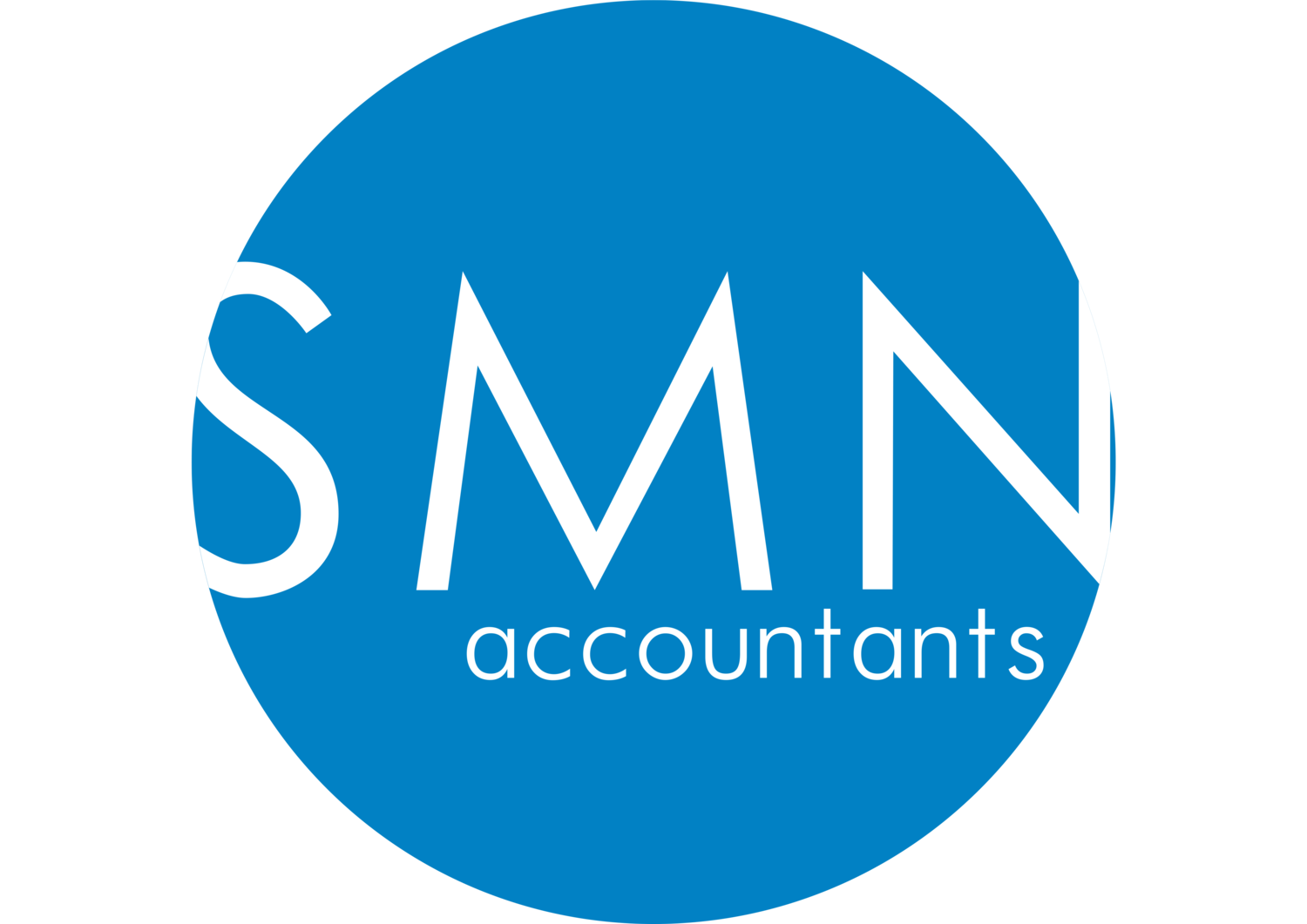Electric Cars - FBT Exemption
Legislation has recently been enacted by Parliament which provides a brand-new exemption to electric cars. Government modelling states that if an Electric Vehicle (EV) valued at about $50,000 is provided by an employer through this arrangement, the FBT exemption would save the employer up to $9,000 a year.
How will the EV FBT exemption work?
The FBT exemption is intended to apply to cars provided by an employer to an employee under the following conditions:
Low and zero emission cars
Battery electric vehicles;
Hydrogen fuel cell electric vehicles; and
Plug-in hybrid electric vehicles. Be careful here because this doesn’t include all hybrid vehicles. To qualify the car needs to be ‘plug-in’. A car that has an internal combustion engine will not meet requirements unless it is able to be fuelled by a battery that can be recharged by an off-vehicle power source.
The car was first held and used on or after 1 July 2022
Where the car is first held and used on or after 1 July 2022. Provided the conditions of the exemption are met, an electric car that was ordered prior to 1 July 2022, but was not delivered until after 1 July 2022 would be eligible for the exemption. However, a car delivered to you prior to 1 July 2022 would not qualify.
A second-hand electric car may qualify for the exemption, provided that the car was first purchased new on or after 1 July 2022.
Value below luxury car tax threshold for fuel efficient vehicles
The value of the car at the first retail sale must be below the luxury car tax threshold ($84,916 in 2022-23) for fuel efficient vehicles. The luxury car tax threshold generally includes GST and customs duty but excludes other items such as service plans, extended warranties, stamp duty and registration.
If an electric car qualifies for the FBT exemption, then associated benefits relating to running the car for the period the car fringe benefit is provided, can also be exempt from FBT.
While the measure provides an exemption from FBT, the value of that fringe benefit is still taken into account in determining the reportable fringe benefits amount of the employee. That is, the value of the benefit is reported on the employee’s income statement. While income tax is not paid on this amount, it is used to determine the employee’s adjusted taxable income for a range of areas such as the Medicare levy surcharge, private health insurance rebate, employee share scheme reduction, and social security payments.
Who cannot access the FBT exemption
Your business structure makes a difference
By its nature, the FBT exemption only applies where an employer provides a car to an employee. Partners of a partnership and sole traders will not be able to access the benefits of the exemption as they are not employees of the business. When it comes to beneficiaries of a trust and shareholders of a company it will be important to determine whether the benefit will be provided to them in their capacity as an employee or director of the entity.
Exemption is limited to cars
As the FBT exemption only relates to cars, other vehicles like vans are excluded. Cars are defined as motor vehicles (including four-wheel drives) designed to carry a load less than one tonne and fewer than nine passengers.
If you have any queries please get in contact with us on 3285 2633.
